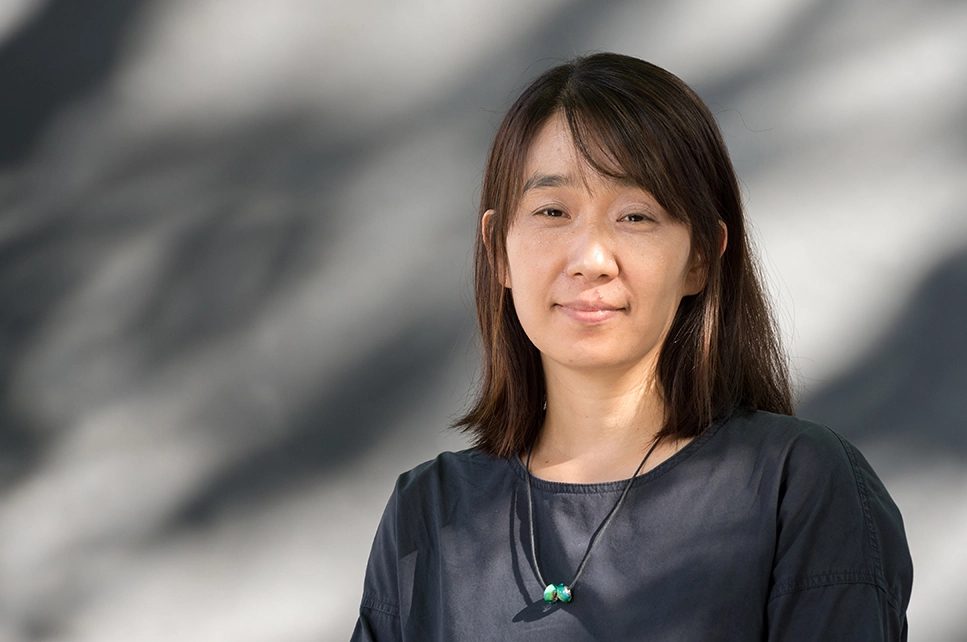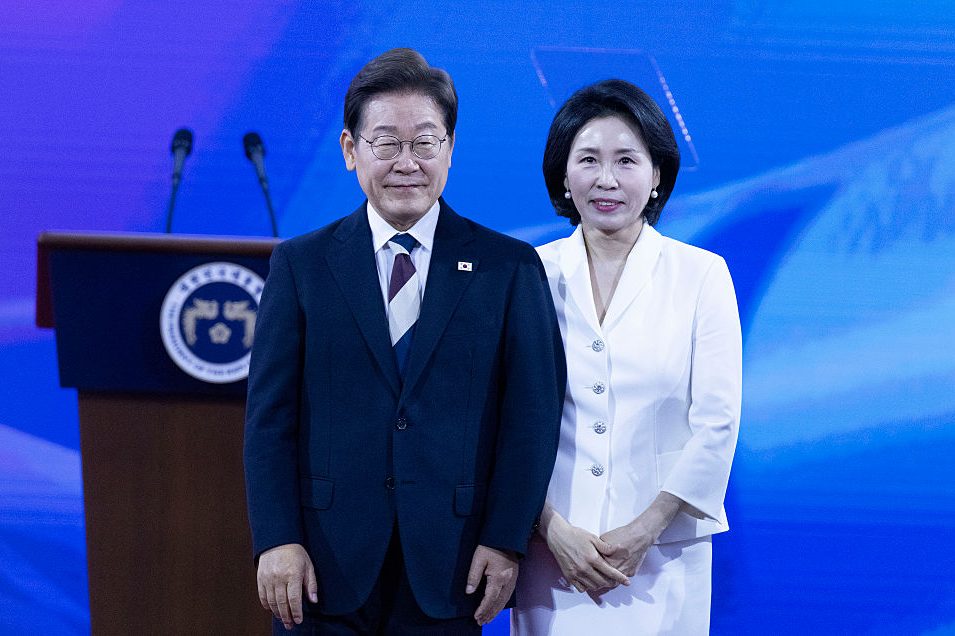In the wake of the death of her mother, divorce from her husband and the loss of custody of her son, a young writer and poet in Seoul turns her attentions to lessons in ancient Greek. She walks miles across the city to the classroom, dressed in a black jacket, black scarf and black shirt — a “somber uniform, which makes it seem as if she’s just come from a funeral” – and devotes herself to the unfamiliar alphabet, verbs and nouns. This delight in words — “the wondrous promise of the phonemes” — has sustained her since childhood, when she first scratched Hangul, the Korean alphabet, into the dirt. There is only one barrier to her love of language. Not for the first time, she has completely lost the power of speech.
The other main character of Han Kang’s lyrical new novel is usually found at the front of the classroom. Wearing “thick-lensed, silver-rimmed spectacles” and pointing at the white chalk marks on the blackboard, the lecturer in Greek, who suffers from rapidly failing eyesight, becomes entranced by the silent woman who sits in his class. A sympathy grows between them: conversations defined by silences, blindness and words written on skin, as Braille is formed by “boring holes into white paper.”
Kang won the International Man Booker prize in 2016 with The Vegetarian, which told the story of a woman’s descent into mental illness after she refuses to eat meat. Greek Lessons, deftly translated by Deborah Smith and Emily Yae Won, has a similar ascetic focus: both the woman and the lecturer live almost hermit-like lives. But, unlike The Vegetarian’s overt horror, this novel is replete with moments of tenderness and intimacy. Against a background of extreme distress (the woman conceals a scar on her wrist with a ‘dark purple hairband… the solitary point of color on an otherwise monochrome figure”), a quiet, slow-paced relationship develops between the two until understanding transcends speech.
It is difficult to write a novel about words that “thrust like skewers” and “language worn ragged over thousands of years” without drawing attention to the author’s own talent for expression. Does Kang have a grip on the “dulled fragments” and “saw-toothed cogs” that her characters lack? With chapters so short they seem almost like sonnets, and images so dense they read like haikus, there is no question of Kang’s control. Greek Lessons is a masterful interrogation of language, love and the thousand intricacies of communication.
This article was originally published in The Spectator’s UK magazine. Subscribe to the World edition here.





















